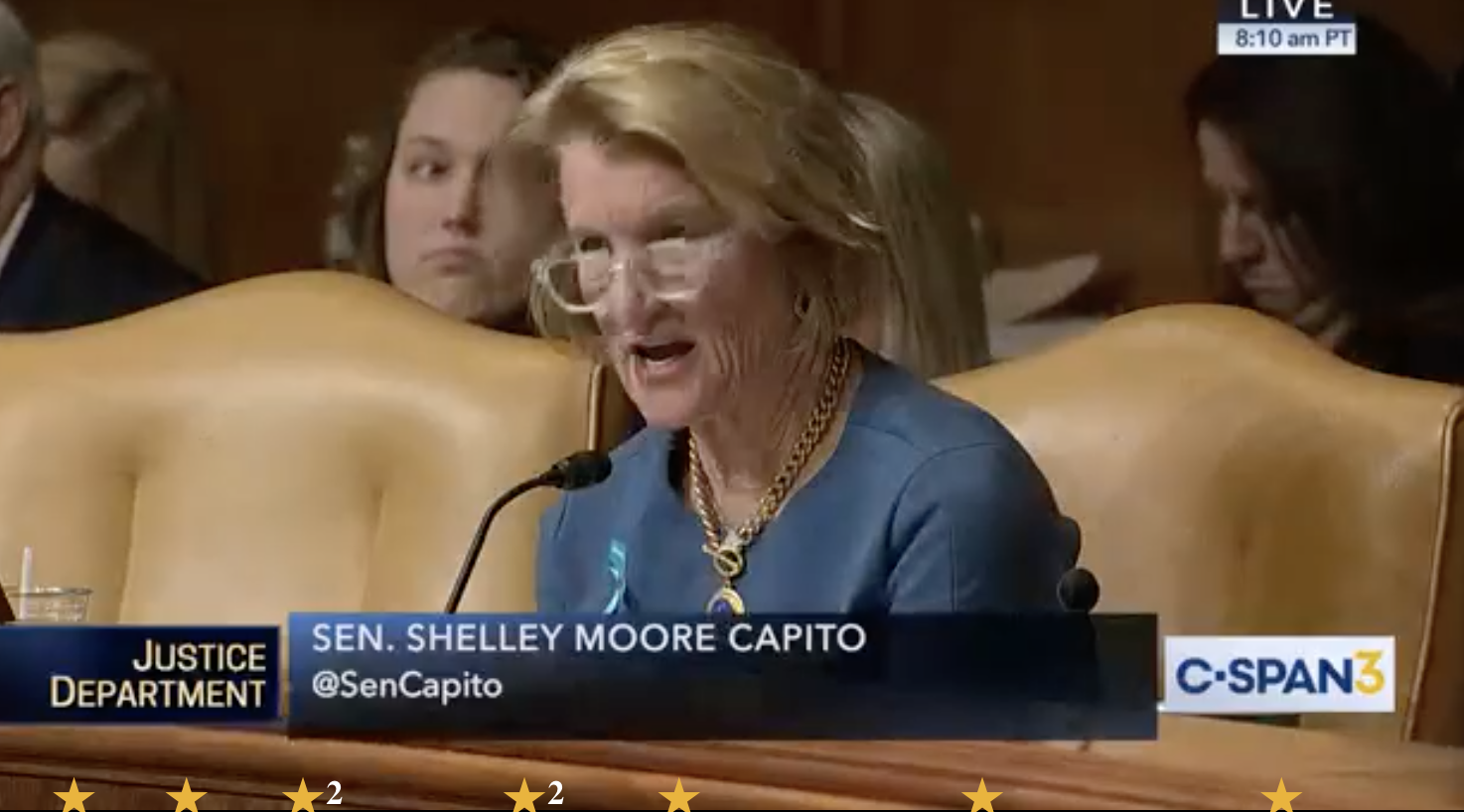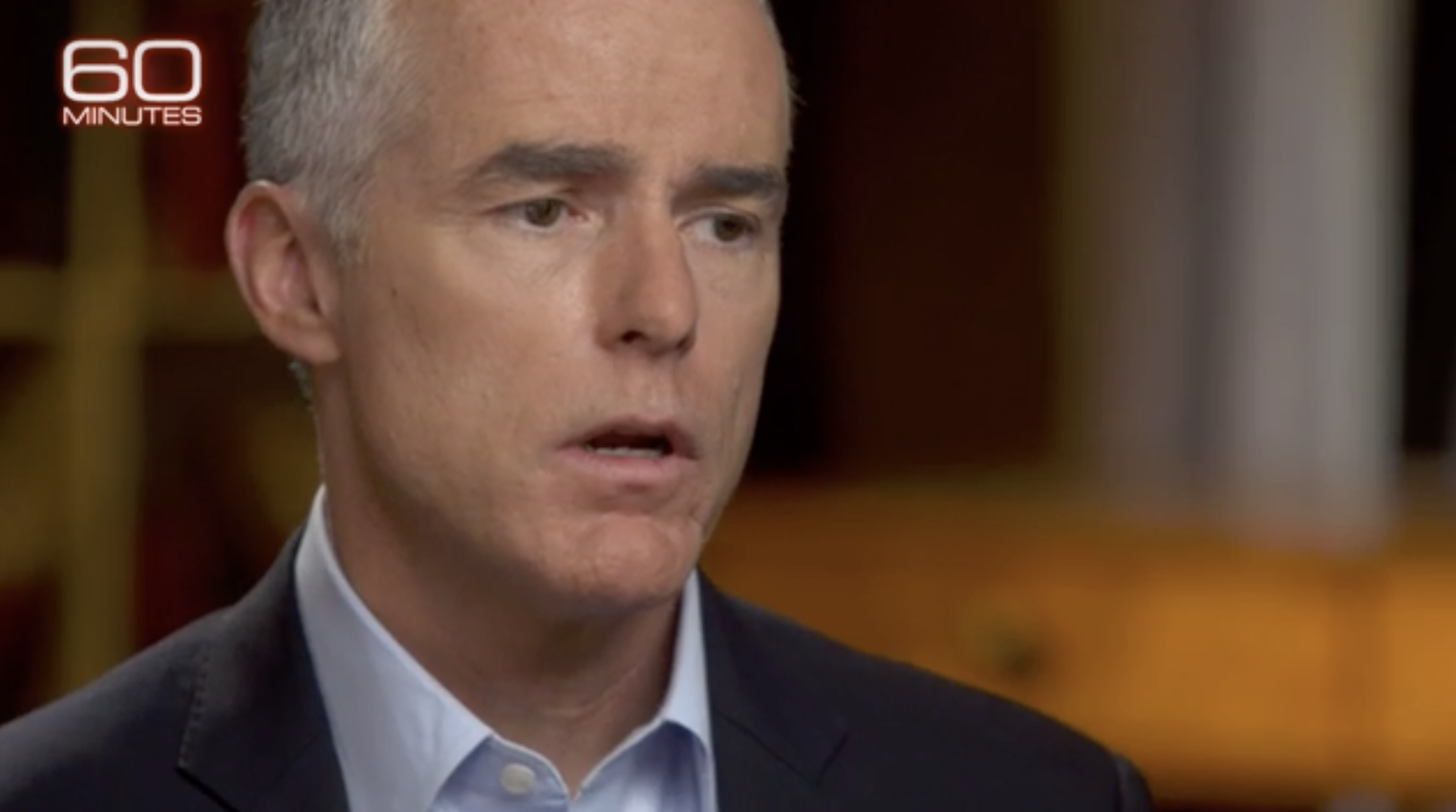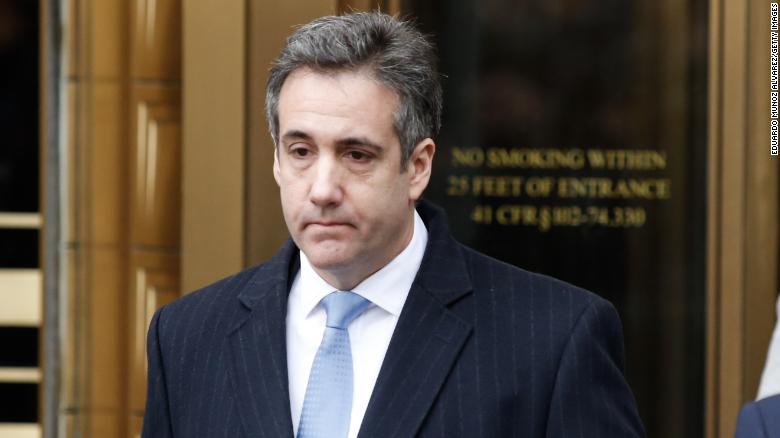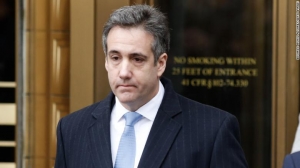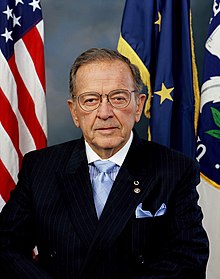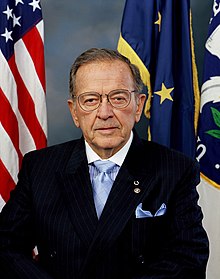[NB: This is definitely not by Marcy; contains some speculative content. Update at bottom. /~Rayne]
MIT Media Lab is in upheaval after the disclosure that its organization accepted financial support from now-deceased pedophile Jeffrey Epstein.
Ethan Zuckerman announced Tuesday he was moving his work out of the MIT Media Lab by the end of May 2020. He’s been a highly-respected director of the MIT Center for Civic Media, a subset of the Media Lab. Zuckerman explained his decision in a post on Medium:
… My logic was simple: the work my group does focuses on social justice and on the inclusion of marginalized individuals and points of view. It’s hard to do that work with a straight face in a place that violated its own values so clearly in working with Epstein and in disguising that relationship. …
His moral and ethical clarity deserves applause; Zuckerman stands out against the highly compromised tech sector, in both academia and the private sector.
While his announcement was as upbeat as it could possibly be considering the circumstances, a faint sense of betrayal leaks through. It must have been painful to learn one’s boss has undermined their work so badly they have no choice but to leave, even if one enjoys their workplace and their boss.
Joi Ito, director of the MIT Media Lab, offered his apology for his having accepted funding from Epstein through organizations Epstein controlled.
The explanation in Ito’s statement and his apology sound banal and will likely be accepted by the wider technology community given how little reaction there’s been from Silicon Valley.
One glaring problem: Ito is an lawyer, a visiting professor at Harvard. There’s little defense he can offer for taking dirty money from a convicted human trafficker. It matters not if the money was ‘laundered’ through funds if they were under Epstein’s control. The money mattered more than the appearance, more than Media Lab’s ethics.
Ito still has considerable explaining to do. It won’t be enough fast enough to stem the tide, though.
J. Nathan Mathias, visiting scholar working on the CivilServant project at the Lab, has also announced he is leaving:
As part of our work, CivilServant does research on protecting women and other vulnerable people online from abuse and harassment. I cannot with integrity do that from a place with the kind of relationship that the Media Lab has had with Epstein. It’s that simple.
Epstein’s money didn’t directly fund CivilServant yet any of his dirty money funded the Media Lab it supported the infrastructure for CivilServant.
There will be more departures. Worse, there will be people who can’t leave, trapped by circumstance. Epstein’s poisonous reach continues beyond the grave.
~ ~ ~
When I read that Zuckerman was leaving MIT Media Lab, it occurred to me there was a possible intersection between MIT, law enforcement, and another activist who lived their values defending the public’s interest.
Aaron Swartz.
The government was ridiculously ham fisted in its prosecution of Swartz for downloading material from MIT for the purpose of liberating taxpayer-funded information. The excessive prosecution is believed to have pushed Swartz to commit suicide.
What could possibly have driven the federal government to react so intensely to Swartz’s efforts? One might even say the prosecution was in diametric intensity to the prosecution of Jeffrey Epstein a few years earlier.
Why was Swartz hammered by the feds for attempting to release publicly-funded material while Epstein got a slap on the hands — besides the obvious fact women and girls are not valued in this society as much as information is?
At the time I wondered whether it was research materials that might pose a threat to the existing stranglehold of fossil fuel industries. There was certainly enough money in that.
But in retrospect, seeing how Epstein made a concerted effort to inveigle himself into science and technology by way of investment, noting that researchers were among the compromised serviced by Epstein’s underage sex slaves, was it really research that Epstein tried to access?
What might be the overlap between Epstein’s outreach and the DOJ with regard to MIT and to Swartz’s activism?
Is it possible that something else besides scientific research might have interested both Epstein and the federal government, incurring the wrath of the latter?
I can’t help but wonder if Swartz’s work to liberate federal court archive Public Access to Electronic Court Records (PACER) documents might have been that something else.
In 2008, Carl Malamud of Public.Resource.org worked with Swartz, receiving what PACER documents had been downloaded from behind PACER’s pricey paywall.
Upon reading the downloaded content they found court documents rife with privacy violations, including
“names of minor children, names of informants, medical records, mental health records, financial records, tens of thousands of social security numbers.”
Malamud said they contacted
“Chief Judges of 31 District Courts … They redacted those documents and they yelled at the lawyers that filed them … The Judicial Conference changed their privacy rules. … [To] the bureaucrats who ran the Administrative Office of the United States Courts … we were thieves that took $1.6 million of their property. So they called the FBI … [The FBI] found nothing wrong …”
Was the harassment-by-excessive-prosecution intended to stop Swartz and Malamud from exposing any more confidential information exposed in federal prosecutions, shielded from the public by nothing more than a cost-prohibitive per page charge of eight cents?
Would politically-toxic sweetheart deals like the DOJ offered Epstein have been among those with privacy violations and poorly-/non-redacted confidential information?
Or given Epstein’s long relationship with senior members of MIT Media Lab, was Swartz cutting into someone’s turf by liberating data which might otherwise be salable — legally or illegally — if closely held?
~ ~ ~
Putting aside speculation, several things need to be dealt with immediately to remedy the mess post-Epstein.
First, all entities receiving public funding which also received contributions from Epstein-controlled funds must make full disclosure — ditto nonprofits which operate as 501(c)3 entities paying no taxes, like Epstein’s shady Gratitude America, Ltd. Who in each organization was approached, when, how did Epstein communicate his interest in funding their work, how were contributions made, and did any persons affiliated with the entities travel with, to/from an Epstein-controlled venue or Epstein-funded event? Everything these entities do is suspect until they are fully transparent.
It would be in the best interest of affected entities to make disclosures immediately; the court-ordered release of sealed documents from Virginia Giuffre’s defamation lawsuit against Epstein’s alleged procurer Ghislaine Maxwell is not yet complete. Only a portion has been published; failing to make disclosures ahead of the release has not helped Media Lab’s credibility. Nor has this:
MIT declined to comment on the money it received. “While donors, including foundations, may confirm their contributions to the Institute, MIT does not typically comment on the details of gifts or gift agreements,” MIT spokesperson Kimberly Allen told BuzzFeed News by email.
Second, in the case of MIT Media Labs in particular, a complete narrative history and timeline of the Lab’s origin, work, and funding since it was launched is necessary. There isn’t one that I can find right now — not at the organization’s website, not even on Wikipedia. This lack of transparency is wretched hypocrisy considering the grief members of the Lab expressed upon Swartz’s death. Media Lab’s site Search feature offering content by range or years is inadequate and must be supplemented.
It’s not clear based on publicly available information what Marvin Minsky‘s exact role was and when with the Lab though he is referred to as a founder. Minsky, who died in 2016, is among those Virginia Giuffre has accused of sexual abuse. What effect including financial contributions did Epstein have on MIT Media Lab through his relationship with Minsky?
As Evgeny Morozov found when combing through papers, Epstein’s money could have been present as early as the Lab’s inception. Why can’t the public see this history readily, let alone the researchers, staff, students working in the Media Lab?
Even the work MIT Media Lab encompasses is not shared openly with the public. Mathias’ project CivilServant isn’t listed under Research — it can only be found through the Lab’s Search feature. How can the public learn what may have been shaped by Epstein’s funding if they can’t even see what the Lab is working on?
Third, Swartz’s work toward an Open Access Movement outlined in his Guerrilla Open Access Manifesto remains undone.
The effect of closed/limited access to publicly-funded information may be killing us and our planet. This can’t be stressed enough, based on one example from Malamud’s recollection:
… The last time Aaron had downloaded large numbers of journal articles was in 2008, when he downloaded 441,170 law review articles from Westlaw, a legal search service. He was trying to expose the practice of corporations such as Exxon funding a practice known as “for-litigation research,” which consisted of lucrative stipends given to law professors who in turn produced articles penned specifically so they could be cited in ongoing litigation. In the case of Exxon, they were trying to reduce their $5 billion in punitive damages from the Exxon Valdez Oil Spill. Aaron didn’t release any of the articles he downloaded, but the research he did was published in 2010 in a seminal article in the Stanford Law Review that exposed these ethically questionable practices in the legal academy. …
If Exxon did this for the Valdez Oil Spill, have they also done this with regard to climate change-related documents since the late 1980s?
Why isn’t this kind of work protecting the public’s interest against the malign use of corruptly-controlled data one of the Lab’s research programs?
Open access, too, must apply to MIT Media Labs. It must be as transparent as Swartz would have wished it to be.
You have to wonder how different the course of technology would have been as well as history had open access been baked into publicly-funded research at MIT Media Lab from the beginning.
UPDATE — 9:00 AM EDT 23-AUG-2019 —
Keep an eye on Evgeny Morozov’s Twitter feed as he’s been sharing more material on MIT Media Lab and Jeffrey Epstein.
Like this thread in progress by Media Lab fellow Sarah Szalavitz, who had warned against taking Epstein’s money. Alan Dershowitz pops up in that thread.
Note also community member foggycoast’s comment in which they share quite a few resources to help flesh out MIT Media Lab’s early years as well as Aaron Swartz’s papers.
I’d like to hear from more women who worked at Media Lab because I’m sure they won’t be as blind to predatory behavior as men have been. But then this asks people with less social capital, including some potential victims, to do the work of exposing this hidden form of corruption.
 Another poster at the Emptywheel blog, okay, it may be Emptywheel herself, has today posted a very interesting take, and I think a good one, on the intersection of Jim Comey, Pat Fitzgerald and Rod Blagojevich.
Another poster at the Emptywheel blog, okay, it may be Emptywheel herself, has today posted a very interesting take, and I think a good one, on the intersection of Jim Comey, Pat Fitzgerald and Rod Blagojevich. 



